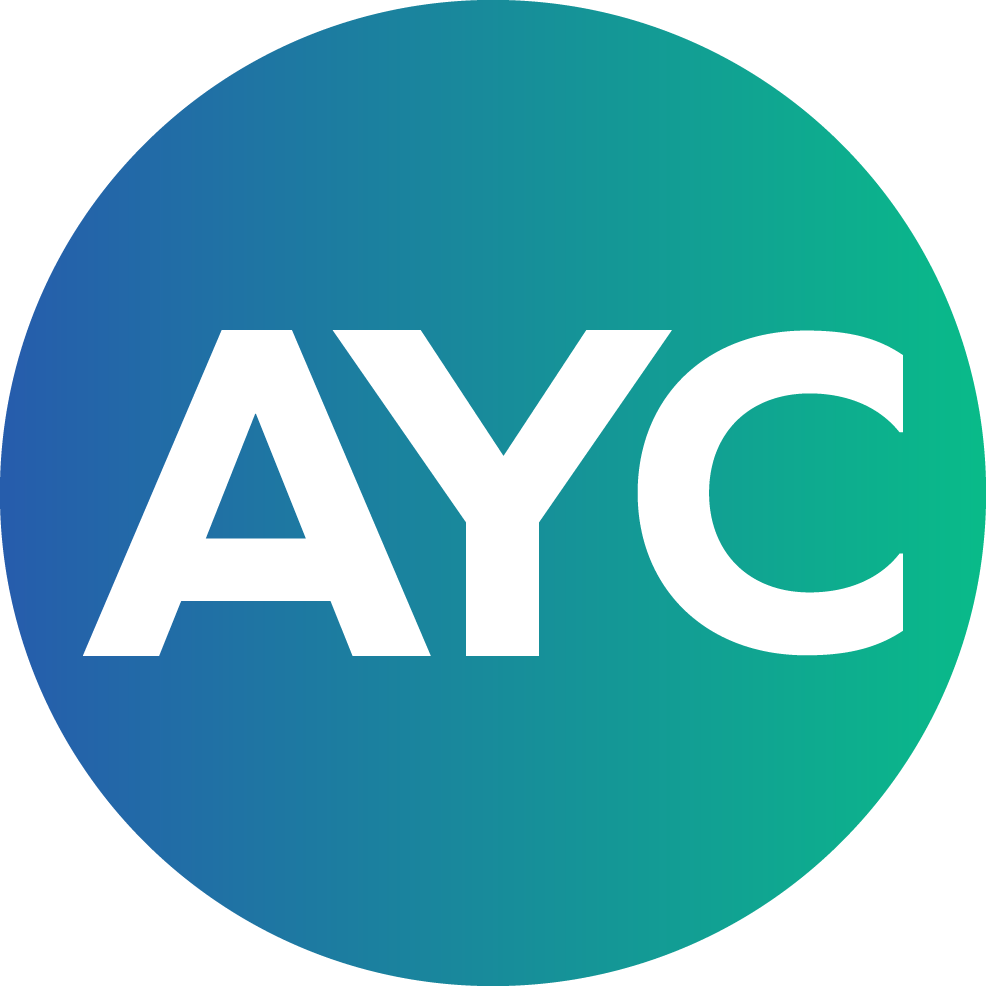
Welcome to AYC
AYC psychology and assessment services are a team of highly skilled chartered child and educational psychologists, occupational therapists, chartered clinical psychologists, speech therapists and specialist teachers.
We deliver a range of private educational and clinical psychological assessments and interventions as well as private autism assessment services.
Why Choose Us?
Our Commitment To You

